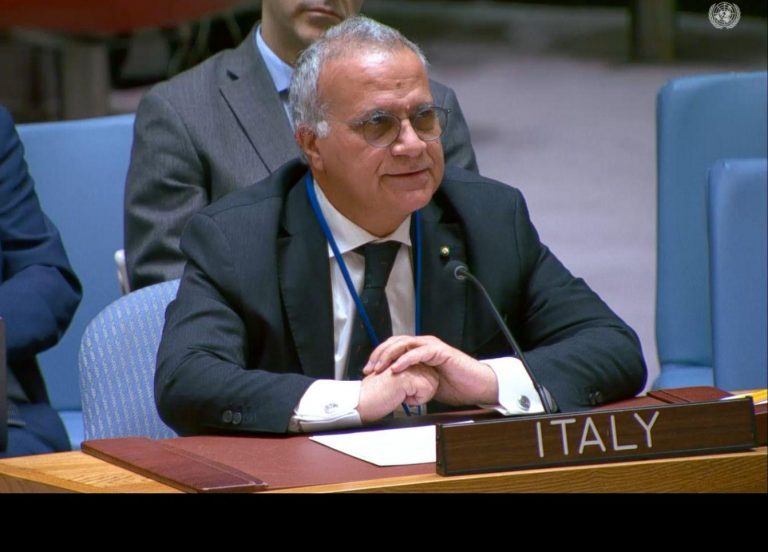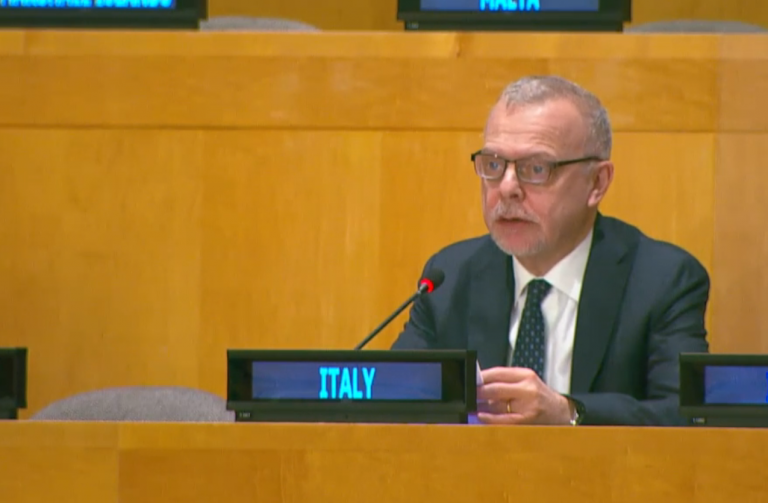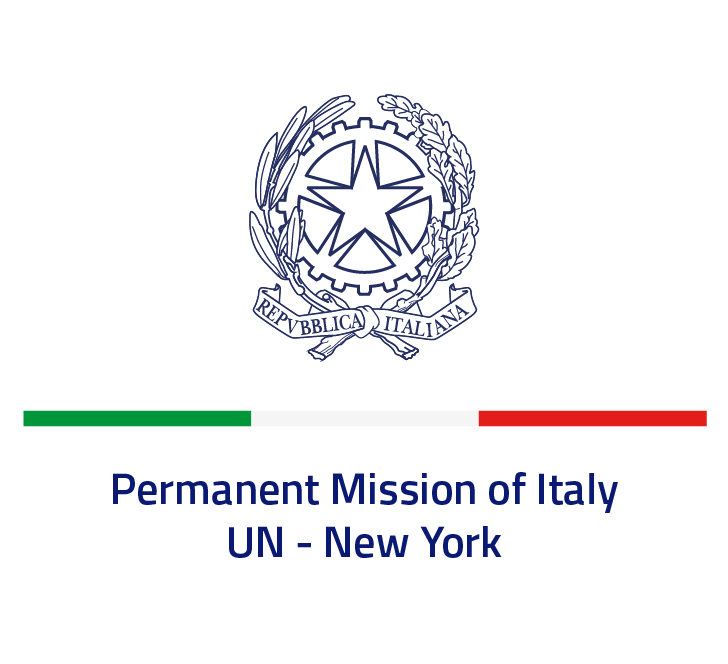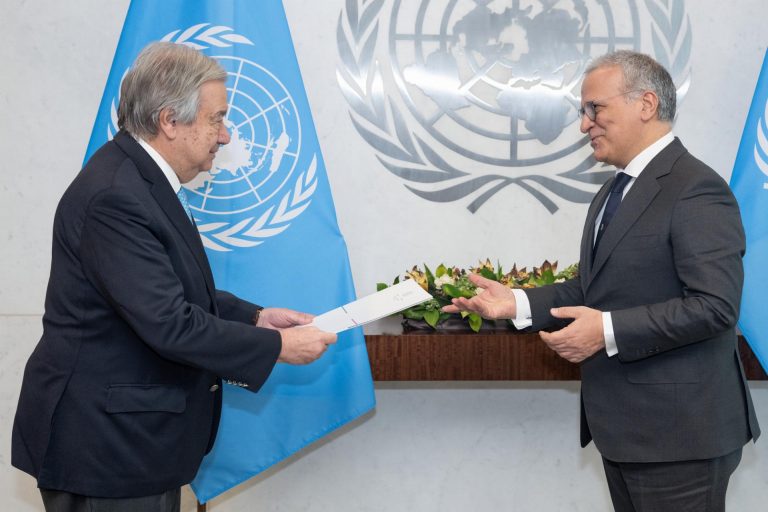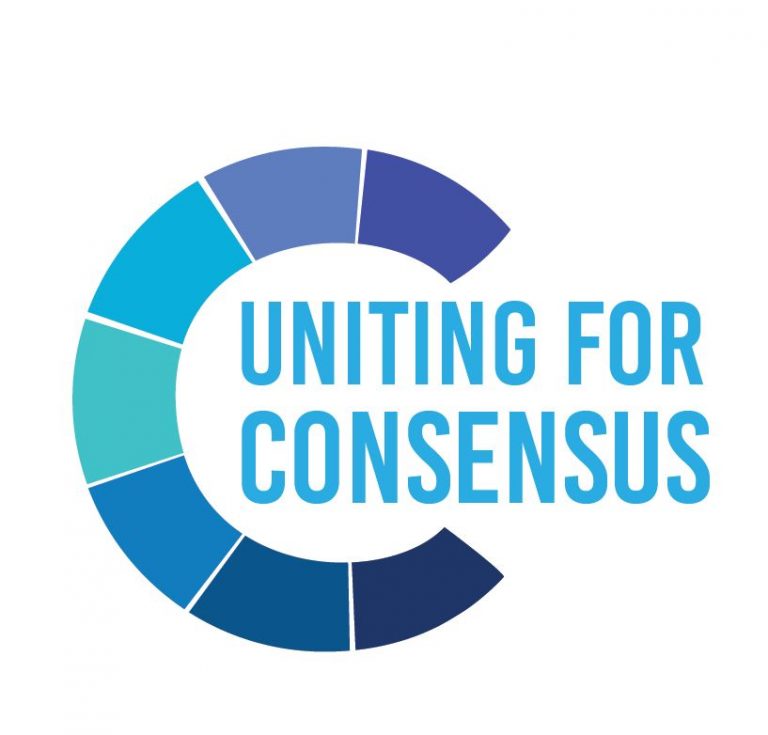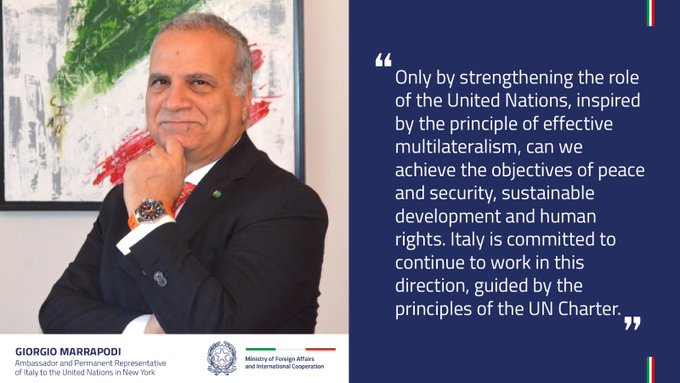On this International Day of Zero Tolerance to Female Genital Mutilation (FGM), I call for an end to this devastatingly harmful practice that affects between 100 and 140 million women and girls worldwide.
As resoundingly affirmed by Member States in the historic resolution adopted by the UN General Assembly in December 2012, and again in this year’s session with the adoption of the resolution on the girl child on the 26 of November 2013, FGM is a severe violation of the human rights of women and girls, an extreme form of violence against women and girls, and a serious threat to their psychological, sexual and reproductive health. The unanimous adoption of these landmark resolutions underscores the UN family’s commitment to a zero tolerance approach to FGM.
This day is yet another opportunity for the international community to come together to work to end this abuse, which has become a global problem requiring immediate and targeted solutions. By working together, we can help end FGM in the next generation and help millions of girls and women across the world to live healthier and fuller lives.
I call on all stakeholders, including governments civil society organizations, religious leaders and community groups, to work together to encourage progress towards change and to promote an end to this horrendous practice in order to protect the rights of girls and women. Governments must help mobilize local communities to combat FGM through a community-based approach to awareness-raising and peer education.
As with all deeply-entrenched practices, achieving the end of FGM will take action at every societal level. Condemnation and laws and policies banning the practice are important, but will not be enough.
A culturally and gender sensitive approach will be critical to moving communities and societies to the point where FGM ceases to exist. Services and protection for victims, conversations among community leaders, especially elders, and educational campaigns geared toward changing deeply-embedded social norms must all be part of an integrated response to this massive violation and threat to the health of women and girls.
I applaud the progress being made by some global communities to abandon this harmful practice. The need for governments, religious leaders, health workers, countries hosting practicing migrant communities, and grass roots organizations to join forces to end FGM in one generation is now more urgent than ever.
*****
MS. PHUMZILE MLAMBO-NGCUKA, EXECUTIVE DIRECTOR OF UN WOMEN
Today UN Women joins people around the world in calling for an end to female genital mutilation (FGM). We applaud the thousands of communities that have made public declarations to abandon this harmful practice.
While progress is being made, up to 30 million girls under the age of 15 remain at risk, and some 125 million girls and women have undergone the procedure.
FGM violates the basic rights of women and girls and seriously compromises their health. It poses increased risk of HIV transmission, infection or prolonged bleeding and increased risks during childbirth. It leaves lasting physical and emotional scars.
While the practice of FGM is a tradition in some parts of the world, it cannot be justified on the grounds of religion or culture. It is a violation of human rights and a manifestation of gender inequality.
To end FGM, leadership is needed at every level, from Governments to community and religious leaders, medical professionals and families.
In our work, UN Women is guided by international treaties and agreements, including the UN General Assembly resolution calling for the total elimination of female genital mutilation. To make greater progress, laws need to be enforced, people need to be educated, and communities must be engaged. And girls and women who are at risk, or have undergone the procedure, need support and services.
Today, as we commemorate the International Day of Zero Tolerance of Female Genital Mutilation, UN Women calls for intensified efforts to stop the practice in all its forms. We pledge to increase support for efforts to prevent female genital mutilation, and advance gender equality and human rights, including the right to sexual and reproductive health and to live free of violence and discrimination.







